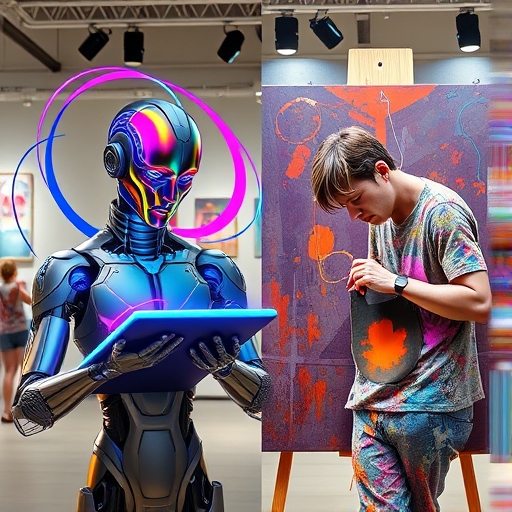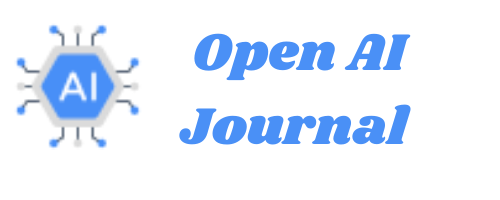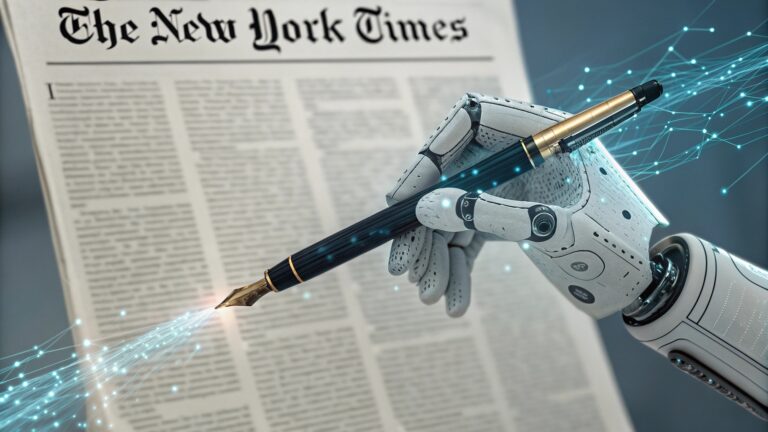The Rise of AI Tools: Are They Making Us Smarter or Just Lazier?

Table of Contents
It’s impossible to ignore the growing influence of AI tools in our lives. Whether you’re at work, managing your personal life, or even pursuing hobbies, AI-powered applications are everywhere, offering solutions that promise to save time, boost productivity, and simplify tasks. From apps that draft emails to virtual assistants that schedule meetings, AI tools have quickly become indispensable in our daily routines. But while these tools bring undeniable convenience, they also raise an important question: Are they making us smarter by enhancing our capabilities, or are they making us lazier by reducing the need to think critically and solve problems on our own?
Think about it—AI tools like Grammarly polish our writing, ChatGPT helps us brainstorm ideas, and even apps like Google Maps ensure we never get lost. They’re marketed as allies in our quest for efficiency and success. But with this ease comes a trade-off. As these tools handle more of our cognitive load, do they risk eroding our skills and mental sharpness? Or, conversely, do they free up our mental bandwidth for higher-order tasks, ultimately making us smarter and more effective?
The truth likely lies somewhere in between. The rise of AI tools represents both an incredible opportunity and a potential pitfall. By exploring how these tools are reshaping our habits, skills, and thinking patterns, we can better understand how to use them wisely. So, let’s dive in and explore: Are AI tools empowering us to reach new heights, or are they lulling us into intellectual complacency?

The AI Boom and Its Appeal
AI tools have taken the world by storm, and it’s not hard to see why. They’re marketed as life-simplifiers, designed to handle everything from menial tasks to complex problem-solving. According to PwC, AI could contribute a staggering $15.7 trillion to the global economy by 2030. That’s more than the GDP of China today! It’s not just businesses benefiting from this revolution—individuals like you and me are reaping the rewards, too.
Think about it: Why spend hours slogging through spreadsheets when AI can analyze data in seconds? Why struggle with grammar and syntax when tools like Grammarly can polish your writing to perfection? These tools save us time, reduce errors, and often make us look smarter than we are. For instance, when I started using ChatGPT to brainstorm ideas, I was amazed at how quickly it generated solutions I might not have thought of on my own. It felt like having an all-knowing collaborator right in my pocket.
But here’s where the story starts to twist. The very convenience that makes AI so appealing also makes it risky. By delegating tasks we used to do ourselves, we might be trading short-term efficiency for long-term skill erosion. I’ll share more on that in a bit.
Are We Getting Smarter?
Let’s start with the optimistic view: AI tools have the potential to make us smarter, more capable, and more innovative. The key lies in how they augment our abilities.
Take learning, for example. Platforms like Duolingo use AI to tailor language lessons to your specific learning style. They analyze your mistakes, adapt the difficulty level, and even predict which vocabulary words you’re likely to forget. It’s not just rote memorization; it’s a dynamic, interactive way to learn.
Another great example is Grammarly. It doesn’t just fix your typos—it explains why certain phrases work better than others, helping you develop a stronger grasp of grammar and style. Over time, this kind of feedback can improve your communication skills in ways that stick.
Even in business, AI tools are making us sharper. A McKinsey study revealed that 63% of companies using AI reported increased productivity. Tools like Notion AI, for instance, can organize project workflows, summarize meeting notes, and even draft proposals, allowing teams to focus on strategy and creativity rather than administrative drudgery.
Personally, I’ve experienced this firsthand. As someone who juggles multiple writing projects, AI tools have been lifesavers. They help me sift through research, refine ideas, and even pinpoint gaps in my arguments. This doesn’t just save time—it elevates the quality of my work.
Or Are We Getting Lazier?
Now for the flip side. While AI tools can make us smarter, they also make it dangerously easy to coast. Remember the days when we had to remember phone numbers? Now, most of us can barely recall our own without checking our contacts. This phenomenon, dubbed “digital amnesia,” is becoming increasingly common. A study by Kaspersky found that 63% of people don’t bother to remember important information because they assume they can just look it up later.
AI tools, while impressive, can encourage this kind of intellectual laziness. When everything is a click away, why bother learning or understanding the nuances of anything? For instance, I once used an AI tool to summarize a dense academic paper. It was efficient, no doubt, but I realized later that I’d missed out on grasping the deeper intricacies of the research. The AI gave me the “what,” but not the “why” or “how.”
And then there’s the issue of creativity. By relying too heavily on AI-generated content, we risk losing our unique voice. Sure, AI can draft a blog post or generate a clever tweet, but is it truly your thought process, or just a reflection of the algorithm’s patterns?
A Nuanced Perspective
Here’s the thing: It’s not all or nothing. AI tools aren’t inherently good or bad—they’re just tools. How we use them determines whether they make us smarter or lazier.
Let’s compare AI tools to calculators. When they first became mainstream, people feared they would destroy our ability to do mental math. And to some extent, they did. But calculators also freed us up to tackle more complex mathematical problems that would have been impractical to solve by hand.
AI tools work the same way. They’re great for handling repetitive, time-consuming tasks, leaving us more room for higher-order thinking. But they shouldn’t become a crutch.
For example, I use AI to help brainstorm ideas for my blog. But I always make sure to refine those ideas, add my personal touch, and do the heavy lifting of writing and editing myself. The result? A faster process that still feels authentic.
It’s all about balance. Use AI to complement your skills, not replace them. Treat it as a partner, not a substitute.
The Big Picture
So, what does this all mean in the grand scheme of things? Well, AI tools are undeniably reshaping how we live and work. They’re making some tasks easier, faster, and more efficient than ever before. But with great power comes great responsibility.
If we’re not careful, we risk losing the very skills that make us human—creativity, critical thinking, and problem-solving. But if we approach AI thoughtfully, we can harness its potential to amplify these skills rather than diminish them.
Conclusion
At the end of the day, whether AI tools make us smarter or lazier is up to us. They’re not magical solutions; they’re just tools. If we use them to augment our abilities, they can be transformative. But if we rely on them to do all the thinking for us, we’re setting ourselves up for intellectual atrophy.
So, next time you fire up an AI tool, ask yourself: Am I using this to grow, or am I just taking a shortcut? The answer might just change how you approach your work—and your life.
What about you? Do you feel like AI is helping or hindering your growth? Let’s talk—I’d love to hear your thoughts.






